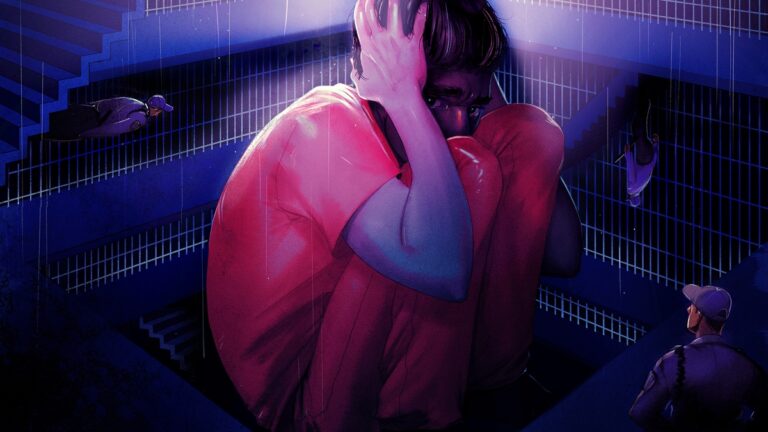The intersection between mental health and the criminal justice system is a complex and often overlooked area of public health. A significant concern arises when individuals are found incompetent to stand trial. In these situations, many people are incarcerated without conviction due to concerns about their competence, leading to significant public health implications.
The challenge of incompetence to stand trial
According to a report from New England Journal of Medicine, large numbers of people in the United States are incarcerated without conviction due to questions about their fitness to stand trial. The issue of incapacity to stand trial primarily affects people with mental health disorders, who may not understand the nature and consequences of proceedings against them or be able to assist in their defense.
Individuals deemed incompetent to stand trial are often placed in psychiatric facilities or prisons. The pressure this places on individuals themselves and on the public health system is immense. In many cases, these people do not receive the appropriate treatment and support they need, leading to a worsening of their mental state and an increased risk of reoffending.
Access to mental health treatment
One of the most important public health implications of this problem is the impact on access to mental health treatment. The criminal justice system is neither designed nor equipped to provide comprehensive mental health treatment. Yet many people found unfit to stand trial are in desperate need of such treatment.
Being placed in prison can exacerbate mental health problems, leading to a vicious cycle of incarceration, poor mental health, recidivism, and further incarceration. It is clear that a more effective approach is needed to break this cycle and improve outcomes for these individuals and for society as a whole.
The need for improved resources and support
The challenges faced by people with mental health problems within the criminal justice system highlight the urgent need for improved resources and support. Better assessment tools are needed to accurately determine a person’s competency to stand trial and their mental health needs.
Additionally, there is a need to increase resources within prisons and jails to provide appropriate mental health treatment. This could include more mental health professionals working in these settings, as well as better training of staff to better understand and respond to mental health issues.
Most importantly, a change in societal attitude is necessary. Instead of viewing these people through the lens of criminality, we should view them as people in need of support and treatment. By approaching these issues from a public health perspective, we can begin to make real progress in improving the health and well-being of this vulnerable population.
Conclusion
As pointed out by NEJM Instagram post, the public health consequences of failure to stand trial are vast and complex. By raising awareness of these issues, we can begin to address the challenges faced by people with mental health problems within the criminal justice system. As a society, we must fight for a system that supports rather than punishes people with mental health issues, recognizing the intersectionality between mental health and criminal justice as a critical public health issue.
